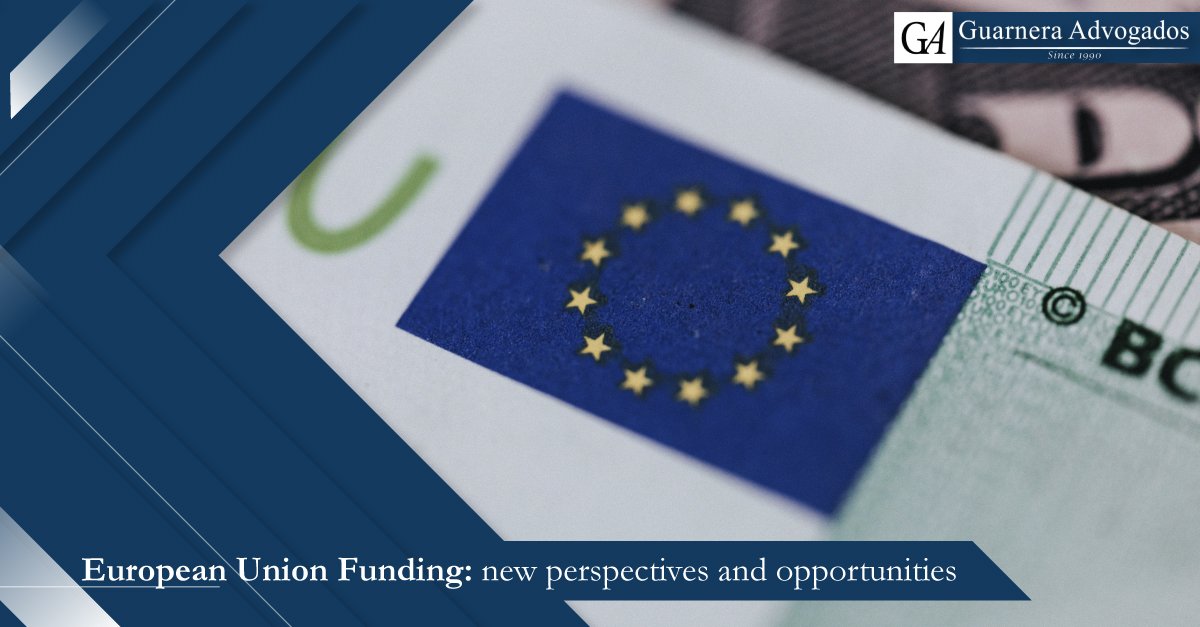Brazil shares strong cultural and historical ties with the European Union (EU), it was one of the first countries to establish diplomatic relations with the EU in the 1960s and was recognized in 2007 as one of the EU’s main global partners through the formal establishment of the EU-Brazil strategic partnership, which covers issues such as climate change, sustainable energy, poverty, the Mercosur integration process and stability and prosperity in Latin America.
Latin America’s largest country and the EU are also important trading partners, a relationship that intensified further on June 28, 2019, when Mercosur and the European Union reached a political agreement based on an ambitious, balanced, and comprehensive trade agreement. This agreement represents a victory for both sides as it creates opportunities for growth and job creation for the countries involved.
Among the opportunities for the Brazilian business sector arising from the agreement, it is fundamental to highlight the eligibility of Brazilian companies for some European union funding programs. A wide range of projects are funded by the EU in several areas such as research and innovation, regional and urban development, employment and social inclusion, agriculture and rural development, maritime and fisheries policies and humanitarian aid.
Every year more than two-hundred thousand companies are supported by the European Union. Any company can benefit from EU funding, regardless of its sector of activity or size. Start-ups, micro-enterprises, SMEs, and even large companies can apply for cost aid for their projects. The decision to grant financing is the responsibility of the local financial institutions, which also determine the conditions for its implementation.
A new cycle of EU funding programs has started and among suitable programs for Brazilian companies, Horizon Europe stands out. The program has a budget of almost 100 billion euros and is intended for research, development, and innovation purposes, running from 2021 to 2027. The essential requirements to participate are the formation of a consortium with at least three organizations of different nationalities, having stable and sufficient financial resources for the execution of the project and possessing the technical and scientific skills necessary for its implementation.
Brazil has the potential to meet all these requirements, as it is the home of important universities and research centers in various areas of knowledge, as well as of numerous national and multinational companies of various sizes and sectors. Finally, the European Union is the second largest trading partner in Brazil, accounting for 15% of the total trade of the country. The EU is also the largest foreign investor in Brazil, investing in different sectors of the Brazilian economy, having made a direct investment of 319 billion euros in the country in 2020.
However, the process to meet the necessary requirements may present some challenges. How to find organizations of different nationalities to form a partnership? What are the legal requirements to set up a consortium? How to proceed with the treatment of issues regarding international law?
Guarnera Advogados’ team has the answer to these and other questions. Contact us for further information:
+ 55 (11) 3488-4600
guarnera@guarnera.com.br
Source: europa.eu


